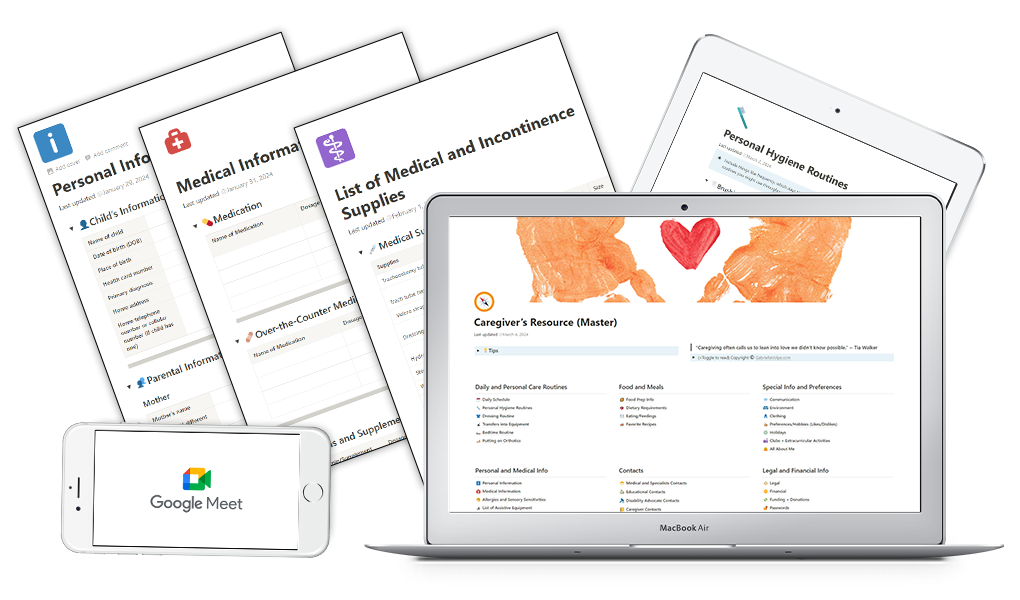It’s because we don’t want to do it in this way.
Parents/guardians/caregivers hardly speak up about our reality because we are met with options that set our children back centuries—to a time when institutionalization caused great harm to disabled individuals.
While things have changed over the years, at the cellular level, government-funded centers of care carry a lot of the same philosophies and beliefs as institutionalization. Privately-owned centers and residences aim to do better, but by force of their setup, there are many traces of the same type of bureaucracy, hierarchy, and ableism.
Some reasons families prefer in-home care:
- We know our children best.
- We are attuned to the subtleties of our loved ones, such as when they are not feeling well, when they’re in pain, hungry, thirsty, needing a change in positioning, etc.
- In-home care provides consistency in staff that allows them to know our children as well as we do.
- When a loved one uses unconventional systems of communication, they are not widely understood. In centers of care, families have to advocate for their loved ones. With the turnover of staff, often within the same day, this isn’t always feasible. We would have to train dozens of staff members to care for children for a few hours on their shift.
- Our children deserve to be cared for in a loving family environment, just like their siblings and anyone else’s children.
This is not about helicopter parenting.
One only need look at rehabilitation after an injury or when our ageing population requires long-term care.
The systems of care are antiquated, infuriatingly slow, and considerably unsupportive. Many families resort to hiring a private caregiver, especially for older family members—out of desperation.
Quality care is a human right, and we must demand it.
Related articles:

Caregiver's Resource Planning Group
Organize your caregiving records for your neurodivergent/disabled child with the accountability of a group. For family caregivers.

0 Comments